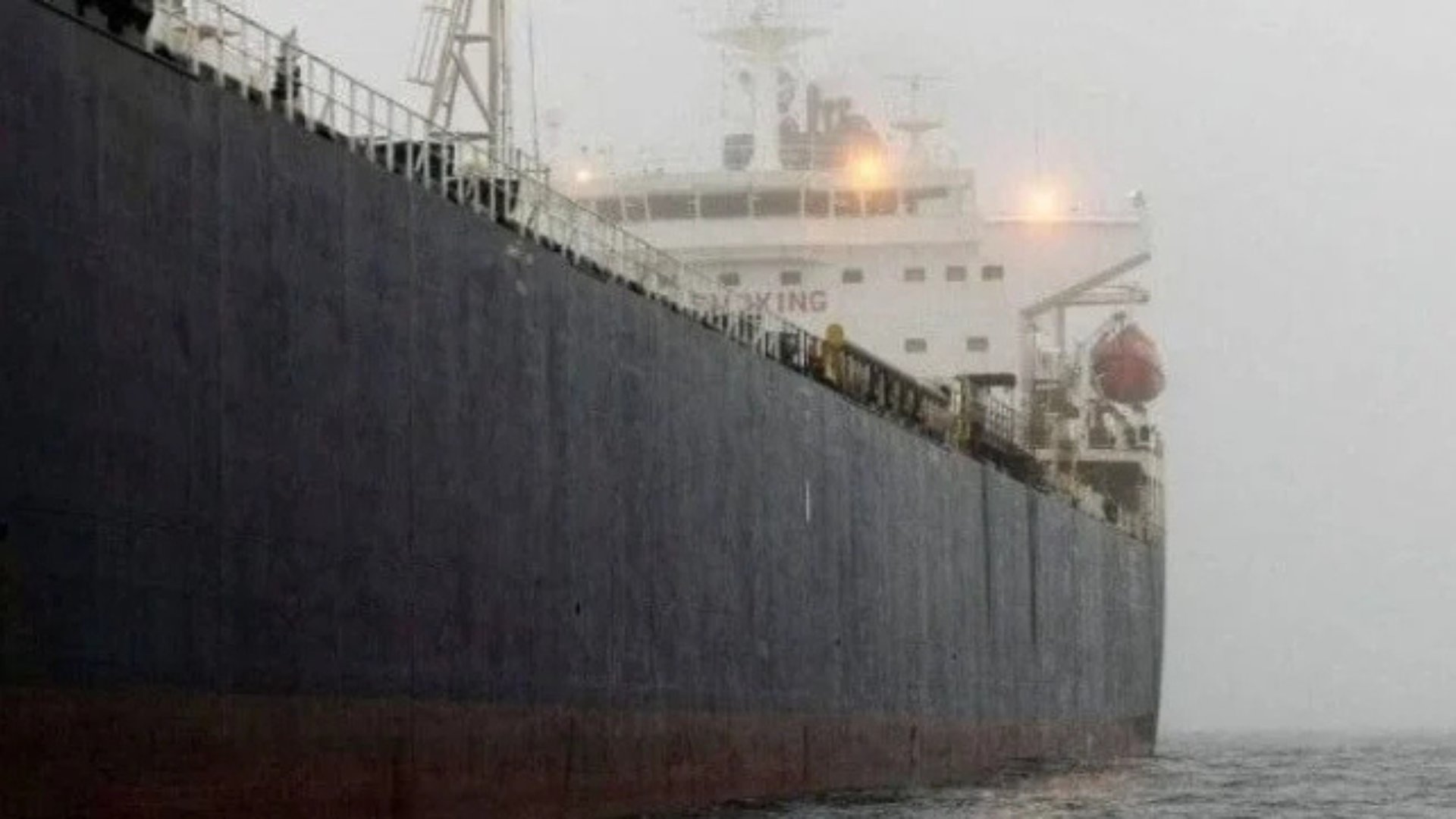U.S. sanctions have reduced Russia’s reliance on “shadow fleet” tankers, but Moscow continues to generate about $700 million daily from fossil fuel exports. A key reason is the renewed participation of Greek tanker owners, who have become vital in transporting Russian crude, especially to India and Turkey, according to Vortexa.
“Preliminary February data is showing Russian crude volumes carried by Greek operators at a 12-month high,” said Mary Melton, a senior freight analyst at Vortexa. “Russian crude exports to India and Turkey will need to be offered below the price cap so that Greek operators can facilitate these volumes.”
With Russian Urals crude now trading below $60 per barrel, Western tankers can legally transport it. This discount is essential, as the U.S. sanctioned 183 Russia-linked vessels in January, targeting about a third of Russia’s shadow fleet, which had helped bypass shipping restrictions.
Despite sanctions, Russian energy revenues have remained stable since 2023. Seaborne crude oil revenues surged 13% in January, reaching $240 million daily, per the Centre for Research on Energy and Clean Air (CREA). China remains Russia’s largest buyer, with a focus on maintaining ESPO crude shipments from the Russian Far East.
Shadow fleet tankers carried 84% of Russia’s seaborne crude in January, but by February, Greek operators had gained a larger share. “These Greek-operated vessels have migrated out of mostly Atlantic Basin trade,” Melton noted, potentially tightening Aframax tanker supply and raising earnings in that region.
Source: maritime-executive.com
